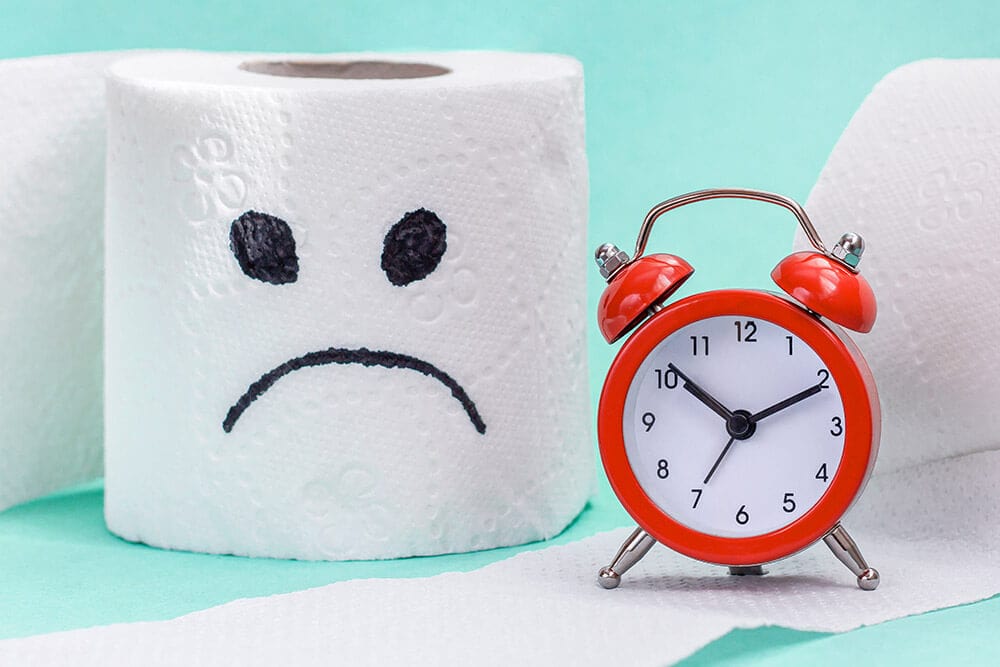What Is Abnormal CT of the GI Tract?
An abnormal CT scan of the GI tract means your digestive organs show changes that are not expected. These may include bowel wall thickening, fluid buildup, or strange growths. The ICD-10 code used for this is R93.1, which stands for abnormal findings in gastrointestinal imaging.
Common Causes and Risk Factors
- Inflammation from Crohn's disease or ulcerative colitis
- Infections such as gastroenteritis or intra?abdominal abscesses
- Tumors or masses in the stomach, small intestine, colon, or pancreas
- Bowel obstruction, diverticulitis, or ischemic bowel
- Family history of gastrointestinal cancers
- Smoking, heavy alcohol use, or obesity
Signs and Symptoms
- Often none in early stages
- Persistent abdominal pain or cramping
- Unexplained weight loss
- Bloating or excessive gas
- Blood in stool or black, tarry stools
- Nausea or vomiting
- Constipation or diarrhea
How Dr. Rishi Diagnoses Abnormal CT of the GI Tract?
Dr. Chadha uses a step-by-step approach:
Medical History and Physical Exam
He reviews your personal and family history of GI disorders, lifestyle factors, medication use, and performs a focused abdominal exam to check for tenderness or swelling.
Lab Tests
Comprehensive blood work including a complete blood count (CBC), liver function tests, inflammatory markers (CRP, ESR), and infection panels to narrow down potential causes.
Imaging Studies
- CT Scan Review: Detailed analysis of your existing CT images to identify bowel wall thickening, masses, fluid collections, or other abnormalities.
- Ultrasound or MRI: Supplemental imaging for clearer views of the liver, pancreas, and bowel when indicated.
Endoscopic and Advanced Testing (if needed)
Procedures such as upper endoscopy, colonoscopy, capsule endoscopy, or endoscopic ultrasound to directly visualize the GI tract, obtain biopsies, or drain abscesses for a definitive diagnosis.
Frequently Asked Questions
What is the ICD-10 code for abnormal CT of the GI tract?
The code is R93.1, which stands for abnormal findings in gastrointestinal imaging.
What does an abnormal GI CT scan show?
It reveals unexpected changes like bowel wall thickening, inflammation, fluid collections, or unusual masses.
Are abnormal CT results always serious?
No. Some findings are mild and may only require simple follow-up or lifestyle adjustments.
How do I prepare for a CT scan of my belly?
You'll typically fast for a few hours and drink a contrast solution. Always follow your doctor's specific instructions.
Can changing my diet help?
Yes. A gut-friendly diet'small, frequent meals, added fiber, and plenty of fluids can ease symptoms and support healing.
Will I need surgery?
Not always. Surgery is reserved for serious issues like persistent blockages, large abscesses, or masses that require removal.
How fast will I feel better?
Most patients notice improvement within a few weeks, depending on the underlying cause and chosen treatment.
Will insurance cover my GI CT scan in Houston?
Most medical plans cover CT imaging if it's deemed necessary. Our staff will help verify your benefits before the scan.
What if my scan finds a tumor?
Dr. Chadha may recommend further evaluation'such as endoscopy or biopsy to determine the nature of the mass and next steps.
Can I avoid CT scan radiation?
CT scans use low-dose radiation and are ordered only when the diagnostic benefit outweighs the minimal risk.











